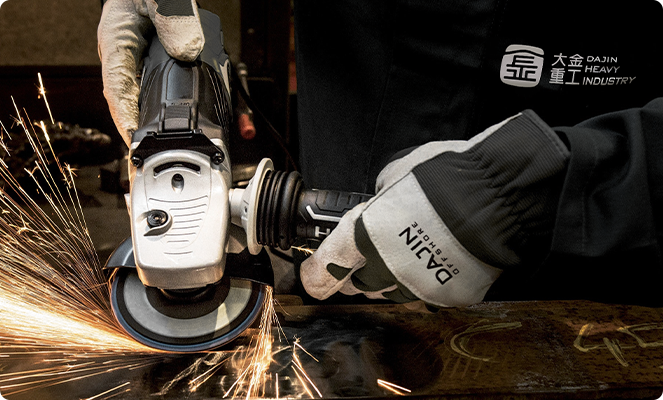Reporting Channels and Whistle-blower Protection.
The Company has set up multiple public reporting channels, such as email, telephone, WeChat, and other channels. Upon receiving a complaint, we promptly assemble a special investigation team to conduct investigations and collect relevant evidence. In doing so, we keep strict confidentiality of both the whistle-blowers and their reports, and publicise our whistle-blower confidentiality policy to firmly safeguard the legitimate rights of whistle-blowers to exercise oversight.

